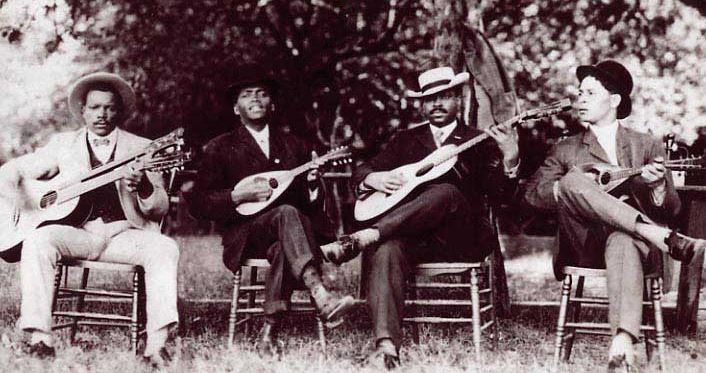‘Australia’s Gulag for Children’ or ‘Tony Abbott’s Welcome to Refugee Week’
June 16, 2014Cutting Dementia Funding
June 27, 2014Every now and then you see a headline that makes you think, ‘hang on a minute, that’s wrong; what is going on here?’
The Australian’s front page story (June 6, 2014) claiming that plain packaging has failed was incorrect, and careful analysis of the evidence demonstrates how wrong it was. ( See http://m.smh.com.au/federal-politics/political-news/plain-packaging-pushes-cigarette-sales-down-20140622-3amd8.html) The reason for the banner headline was so that it could be reproduced by the Murdoch press around the world to influence governments that have indicated they want to pursue plain packaging. It only cited tobacco industry data. so what is going on?
The relationship between Murdoch and Big tobacco is fascinating.
Rupert Murdoch was on the board of Phillip Morris for 12 years, and in turn News Corporation has had a conga line of Phillip Morris executives on their board. Phillip Morris’ own documents outline how they used their “clout” with the media such as News Corporation.
Murdoch’s connection to Philip Morris Co. were revealed through secret industry documents made public as a result of the landmark 1998 U.S. tobacco industry settlement.
A 1985 draft speech for Philip Morris’s CEO for a marketing meeting noted that the media company was already onside. “We plan to build similar relationships to those we now have with Murdoch’s News Limited with other newspaper proprietors,” the memo said. “Murdoch’s papers rarely publish anti-smoking articles these days.”
A second document for the same meeting created two days later asked the question: “how can we change the public’s view towards smoking?” After outlining various strategies to turn back the tide, the memo makes the point that
“… we are not using our very considerable clout with the media. A number of media proprietors that I have spoken to are sympathetic to our position — Rupert Murdoch and Malcolm Forbes are two good examples. The media like the money they make from our advertisements and they are an ally that we can and should exploit. In most societies in the world today public opinion is formed, to a significant extent, by the news media and I believe we should make a concerted effort in our principal markets to influence the media to write articles or editorials positive to the industry position on various aspects of the smoking controversy.”
Philip Morris and News Corp. drew together during the 1970s, driven by ideology and money. In 1989, Murdoch was invited to join the Philip Morris board, where he remained for a dozen years. And Murdoch invited a succession of tobacco company executives to sit on his board. One observer called it “a cozy relationship all around.” It was a coup for Philip Morris, giving the company access to broadcast and print editorial pages and a platform from which to disseminate its view of the benefits of smoking.
Clearly, the cozy relationship continues…





